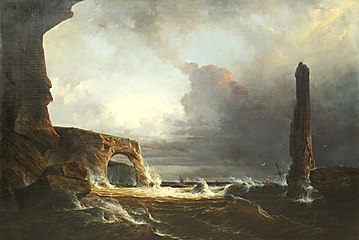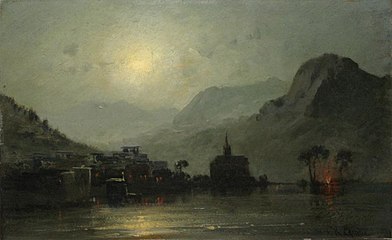
Gustav Graef was a German painter, primarily of portraits and historical subjects.
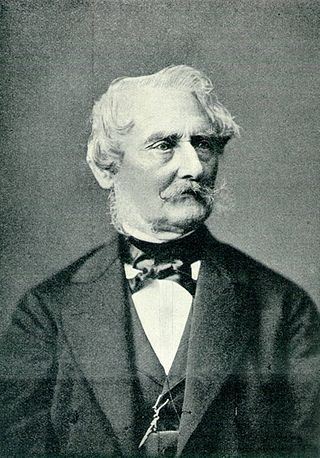
Johann Heinrich Strack was a German architect of the Schinkelschule. His notable works include the Berlin Victory Column.

Dora Hitz was a Court Painter to the Romanian Royal Family, a member of the November Group and co-founder of the Berlin Secession.
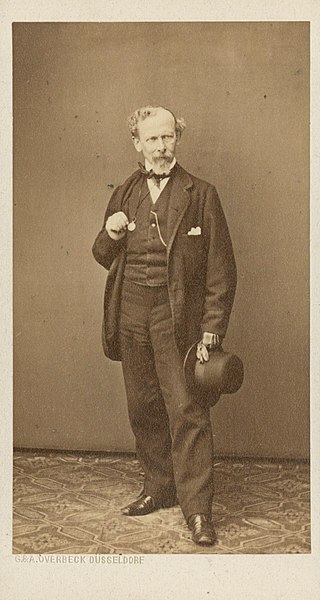
Wilhelm Rudolf Jordan was a German genre painter, illustrator, etcher and art teacher.

Hermann Baisch was a German painter and illustrator who specialized in landscapes and animals. He was one of the first artists in Germany to work in the French influenced "paysage intime" style.

Ferdinand Schauss, or Schauß was a German painter who specialized in portraits, genre scenes and mythological characters.
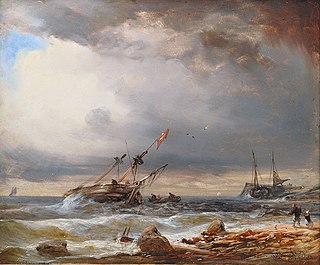
Wilhelm August Leopold Christian Krause was a German landscape and marine painter.

Ernst Karl Eugen Koerner was a German landscape painter.
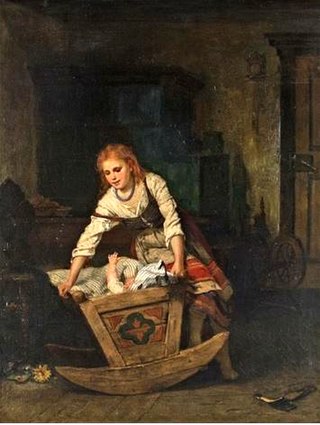
Ernestine Friedrichsen was a German genre painter; primarily of family scenes.

Friedrich Wilhelm Heinrich Martersteig was a German history and genre painter. After 1874, he spelled his name Mardersteig.
Robert Friedrich Karl Scholtz was a German expressionist portrait and landscape painter, graphic artist and draughtsman. He belonged to the Berlin Secession mouvement.

Eduard Adolf Daelen was a German painter and writer. For some of his writings he used the pseudonyms Ursus teutonicus, Angelo Dämon, Edu Daelen-Bachem and Michel Bär. He became known above all for the first biography of Wilhelm Busch, which he wrote in 1886.

Hermann Hirsch was a German painter and sculptor, of Jewish ancestry.
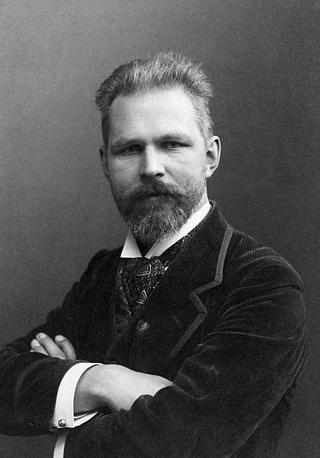
August Ludwig Georg Meyn was a German portrait and genre painter.
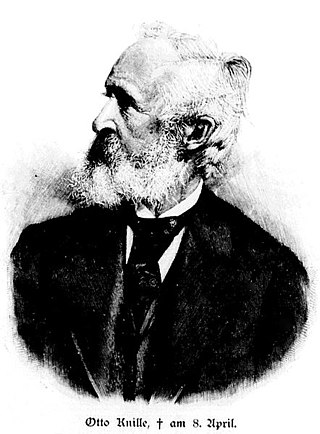
Otto Knille was a German history painter; associated with the Düsseldorfer Malerschule.

Carl Ludwig Christoph Douzette, known as Louis was a German landscape painter.
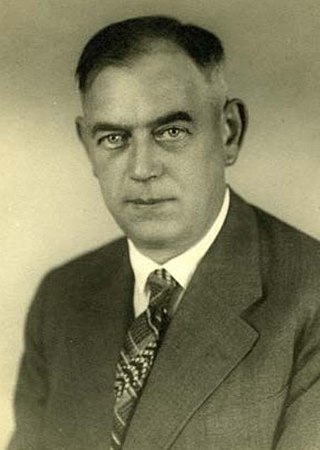
Wilhelm Reemt ter Hell, known as Willy was a German landscape painter and graphic artist.

Adolf Gustav Schlabitz was a German portrait and genre painter.

Nikolaus Friedrich was a German sculptor.

Carl Emil Rudolf Ludwig Becker was a German marine artist.

